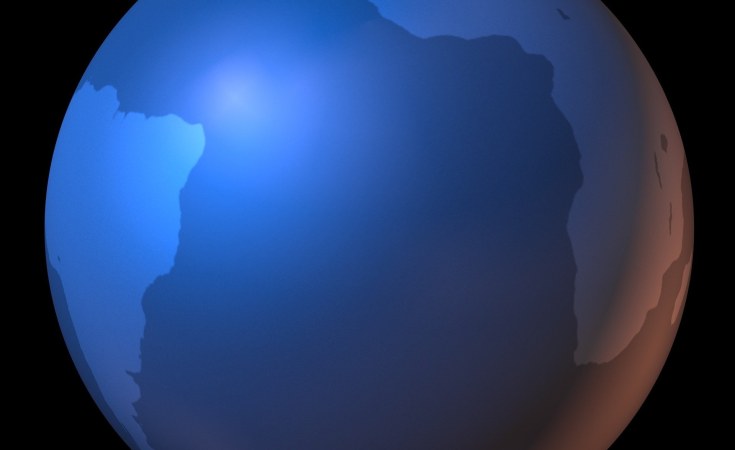Yaounde — Cameroon officials have declared a humanitarian emergency after encroaching waters from the Atlantic Ocean destroyed several hundred homes, buildings and plantations along Cameroon's coast.
Waves pound walls and houses constructed on the shores of Bekumu, a southern Cameroon village located in Ndian, an administrative unit along parts of Cameroon's 400-kilometer coast on the Atlantic Ocean.
The images broadcast on Cameroon state TV this week show civilians crying out for help.
"If the government does not help immediately, if the government does not do something urgently, I don't believe Bekumu will exist again. The water level is so high. What is this, oh God."
The civilian is not identified in the video, but the Bekumu Village Development Committee, in a release, said it shared images of the civilian crying out for help to raise awareness of the fate that has befallen them.
Bekumu villagers say encroaching seawater this week has destroyed homes, public buildings and plantations, and rendered several hundred people homeless.
The Cameroon government says high waves swept through Bekumu destroying coastal villages, plantations, schools, churches and markets.
Civilians say they lack potable water after seawater swept and emptied waste water in streams that are considered a source of drinkable water.
Sangi John is the traditional ruler of Bekumu village. Speaking to VOA on Wednesday via a messaging app, he said it is the first time encroaching waters from the Atlantic Ocean have caused so much havoc in Bekumu. He said strong sea waves early Wednesday pulled down parts of school buildings and churches where homeless civilians rushed for shelter.
"The disaster is so serious, the water has washed from the schools to people's houses, right to all churches. The water is everywhere. I am appealing for the government to help us," he said.
Sangi said scores of civilians have relocated to safer villages while three dozen others are trapped in creeks waiting for help to relocate. He said hunger looms as several hundred hectares of farmland are currently being destroyed by water.
Fishermen, farmers and merchants constitute 75 percent of the population of affected villages. They say economic activity has nosedived because of the encroaching ocean waters that also killed goats and washed away poultry farms.
In August of last year when seawater swept through the coastal town of Kribi, swallowing homes and plantations, CEMAC, a six member state economic bloc that groups Cameroon, Chad, Gabon, Equatorial Guinea, the Central African Republic and the Republic of Congo, said the ongoing rise in sea levels was potentially catastrophic for an economic bloc for whom 30 percent of civilians live along the coastline.
The Cameroon government has always blamed global warming and rising sea levels for the encroaching of ocean water into its coastal lands.
Cameroon's ministry of agriculture says the ongoing floods in Ndian add to the humanitarian emergency it declared following food shortages because of floods in several parts of the central African state. The government says it has dispatched humanitarian workers and specialized services of its military to rescue civilians but gave no further details.


